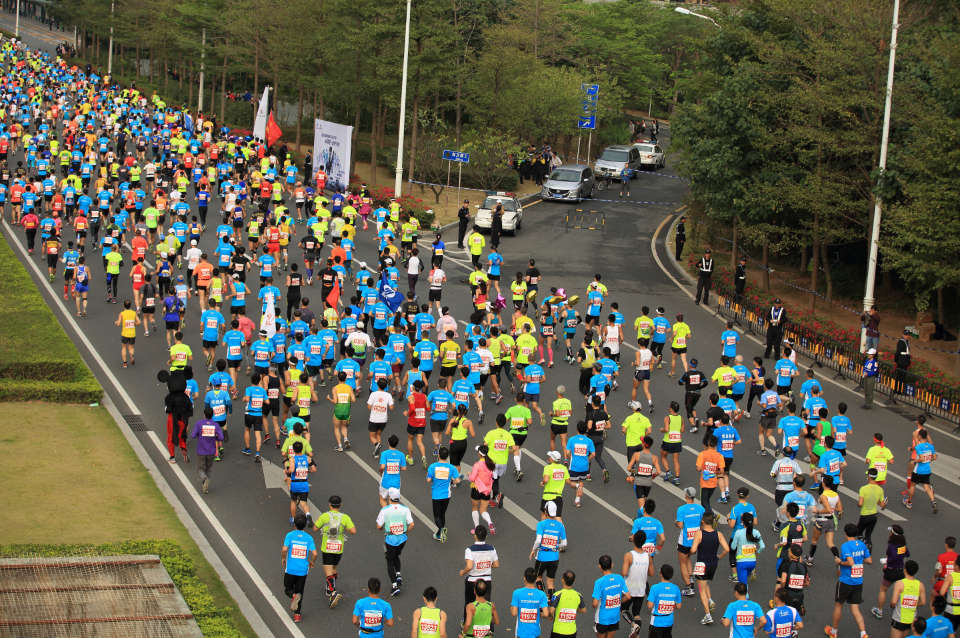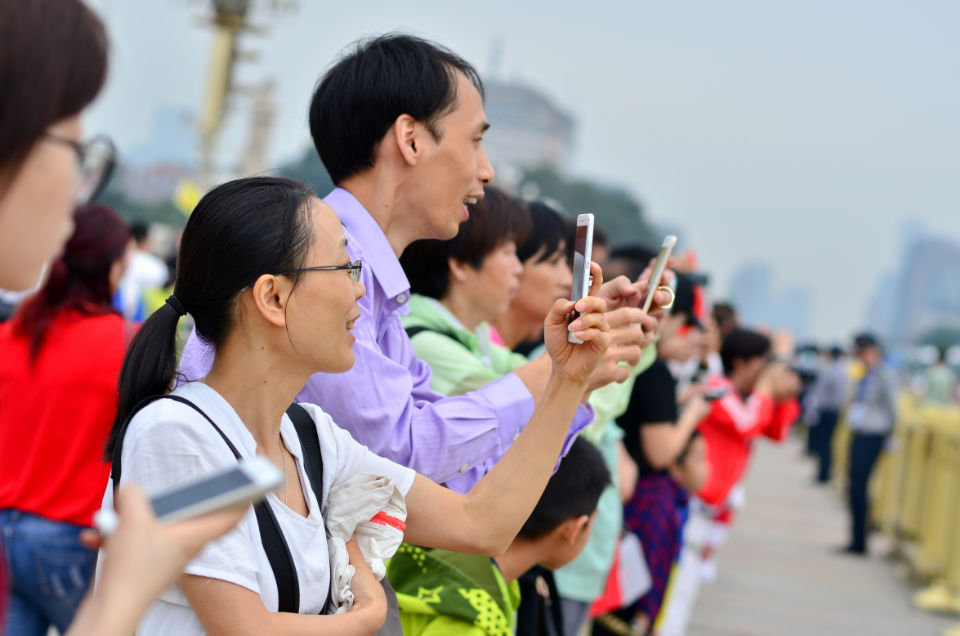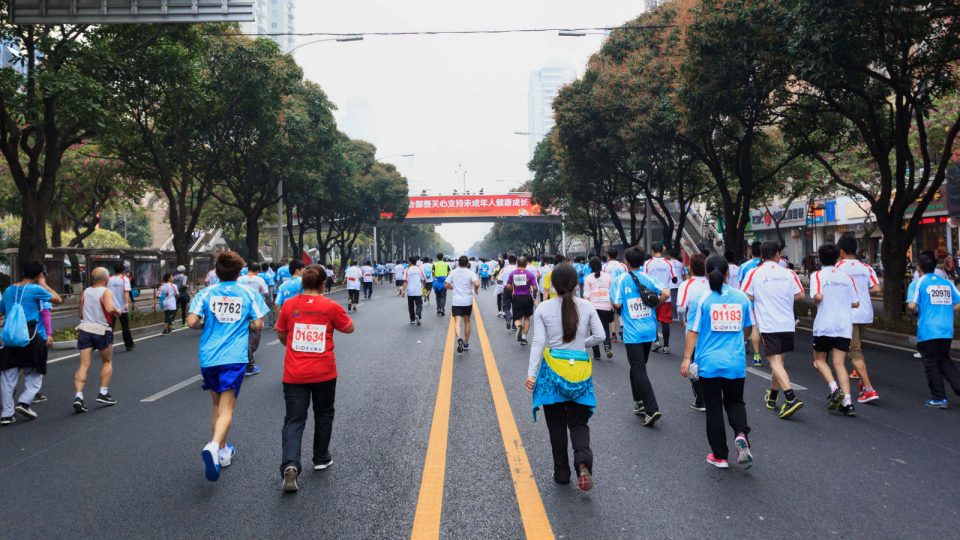When Mao Tse-tung lead the people’s revolution in 1949, he turned China from a somewhat primitive backwater to a vibrant society, ruling over signature social change that ranged from the “Great Leap Forward” in 1958 to forging ties with the west in 1972 when President Richard Nixon traveled to Beijing from the U.S.
While Mao’s legacy is a study in brutality and suffering, one cannot discredit his role in turning China into one of the most powerful nations today. With her people enjoying more balanced lifestyles and international success, it seems only natural that the marathon bug that took the rest of Asia by storm would find a home in this nation, too.
Could Mao be considered the father of running in China?
As part of his mission to revolutionise society, Mao not only believed in collective action and Marxism, but he advocated rigorous attention to physical fitness. His motives weren’t purely health driven. He believed that only cultures devoting time to sports prepared people for living full, purpose-filled lives. Based on his philosophy, Mao tse-tung’s enthusiasm for running might be in synch with today’s extreme running movement that has captured the hearts and minds of people across China.
To assess the nation’s current situation, journalist Alfie Pearce-Higgins published “Chinese burn: how the People’s Republic has become an endurance-running superpower” in March 2018. She put her finger on the nation’s conundrum: why has running become so important, people are willing to be banned from the sport forever by cheating?
Pearce-Higgins’ article details China’s journey from a few marathons to today’s near-obsession with running and competing. But has this been the healthiest transition? Not according to those disturbed by the “win at all cost” mentality that has led so many runners to risk getting caught cheating. Is this a stage or the sport’s future?

China’s marathon scene: the good, the bad and the ugly
While media reports surrounding China’s running craze cover the positive aspects of the nation’s love affair with the sport, a pervasive “win at all cost” mentality seems to have replaced good sense. These are the extreme outcomes of a sport whose popularity is at a zenith but whose participants are exhibiting bad behaviors that are beginning to ruin the country’s sports reputation.
The Good
- By 2020, China is expected to stage 2,000 running events a year, attracting 10 million participants.
- More than 1,000 brands regularly sponsor marathons. Many are high-profile entities eager to make major investments in China’s marathons.
- Races have set up a dynamic employment niche, responsible for creating 720,000 jobs annually.
The Bad
- An irrational desire to win is causing record numbers of injuries in improperly-conditioned runners.
- At least 15 runners have died following heart attacks during or after marathons.
- Some runners have been caught using banned stimulants to improve their performances.
The Ugly
- Rampant cheating measures include competitors taking route shortcuts and hitching rides to finish lines.
- Serial maneuvering is taking place to snag prime entry slots as soon as they are released to the public.
- Imposter runners are presenting false identities, wearing fake bibs and abusing timing chips.

Is China’s marathon industry doomed to failure?
According to social scientists, running has taken on a deeper meaning for those who have fallen in love with the sport. They believe that running has created a community left empty by the absence of “Dao and Mao,” thus runners identify with their cohorts more closely and crave being part of a cohesive tribe.
That stated, the sport can expect to go through serious changes as it tries to reach equilibrium. Consider, for example, recent coverage of the Xi’an International Marathon 2018 where 30,000 people followed the rules. Just weeks later, RunSociety profiled the scandal-ridden Shenzhen Nanshan Half Marathon where 250 runners were caught cheating.
This juxtaposition shows both ends of the story and it will be up to organisers and runners to take responsibility for keeping China’s marathons clean and aboveboard. What does this mean for the future of marathons in China? As runners become more invested in health benefits and less interested in cheating, the running industry has a solid chance of rehabilitating itself for all of the right reasons.
Becoming a major player on the world marathon scene also provides plenty of incentive for parties to respect the rules. In China, as in other Asian cultures, reputation and respect are as important to a movement as they are to the family dynamic. In the end, optimists hope that the nation’s runners and marathon organisers come to realise how much they stand to lose if things don’t change.
Would you feel comfortable competing in a nation that is regularly called out for cheating scandals?




